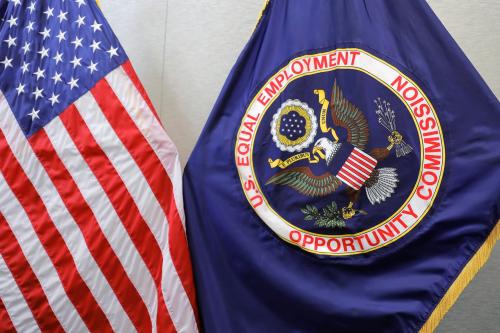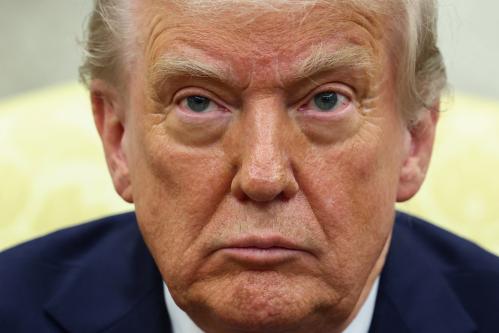Executive Summary
The International Trade Commission (ITC) has gained importance in recent years because of its increasingly powerful role in adjudicating patent disputes. That little-known independent agency has the authority to bar importation of articles found to infringe a valid U.S. patent by issuing exclusion orders. The Commission is now potentially the patent tribunal of first instance for electronic products and other products manufactured overseas. This paper examines possible biases in ITC decision making in favor of patent holders from both a positive and a normative perspective and offers suggestions for improving the efficiency of the ITC process for adjudicating complaints based on patent infringement. I provide the most comprehensive economic analysis to date of cases that arise under Section 337 of the Tariff Act of 1930. In particular, this is the first paper to compare the ITC decision-making process in patent disputes with the district courts in a systematic way. After empirically demonstrating a likely bias in decision making at the ITC, the paper provides specific remedies that could improve the efficiency of the patent dispute process.
The Brookings Institution is committed to quality, independence, and impact.
We are supported by a diverse array of funders. In line with our values and policies, each Brookings publication represents the sole views of its author(s).



